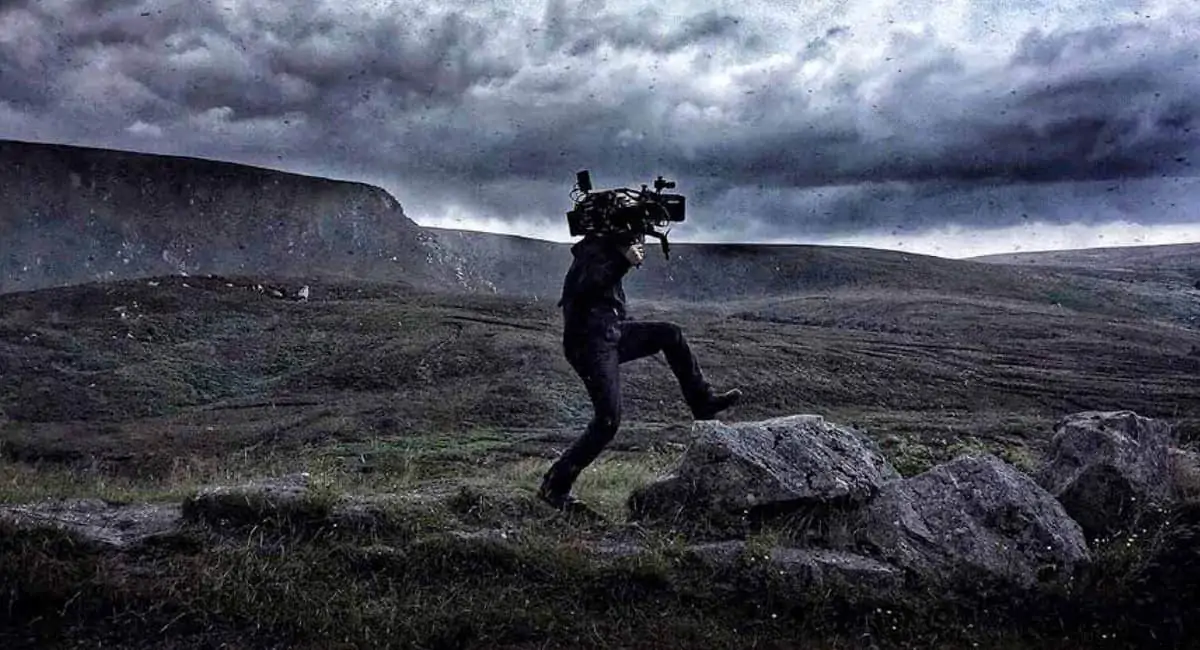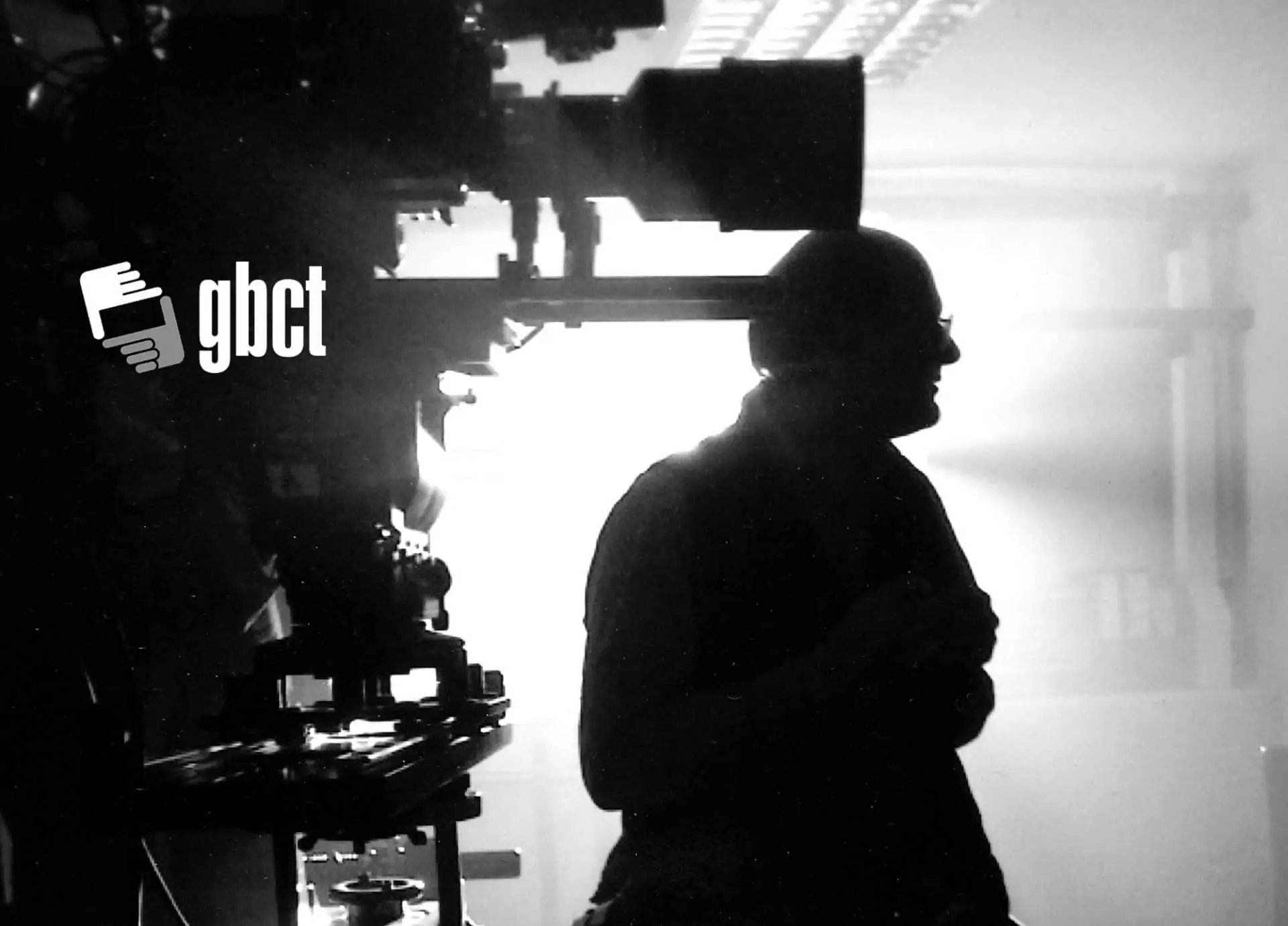What politicians can learn from filmmakers
GBCT News / John Keedwell
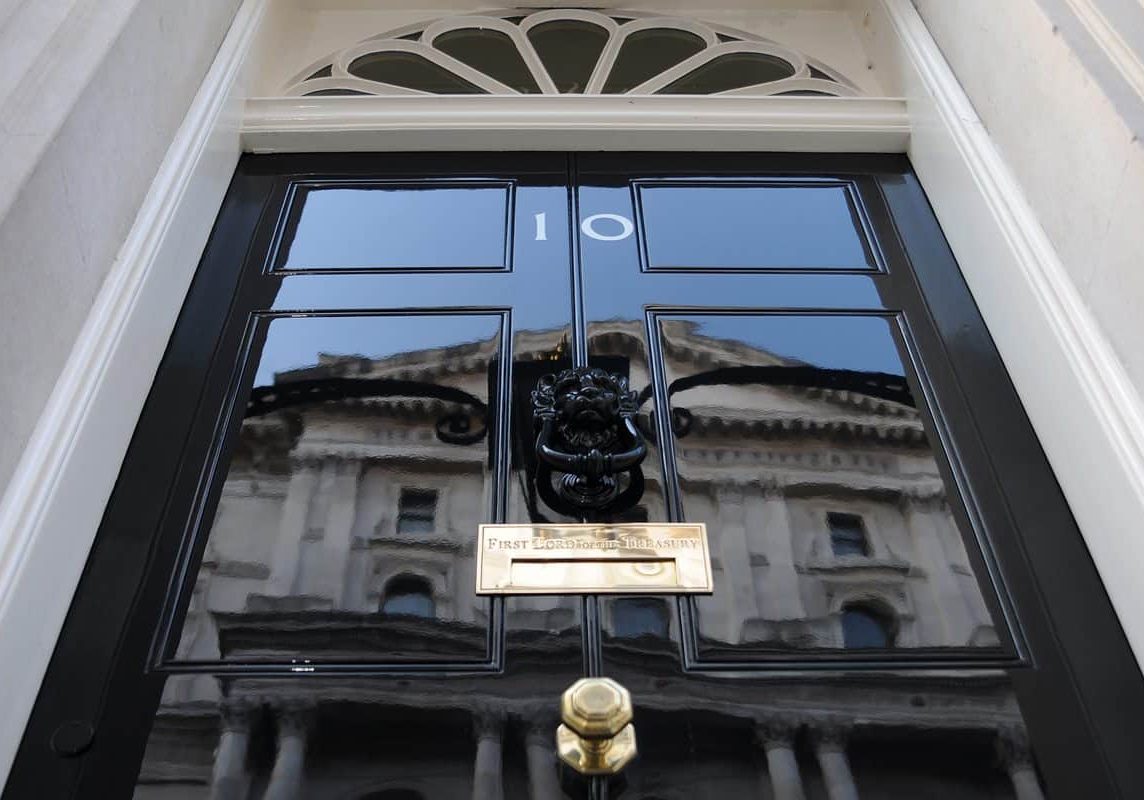
What politicians can learn from filmmakers
GBCT News / John Keedwell
This is not a party political broadcast. It is an observation about how the film business can teach politicians, and other businesses, some essential lessons about making a success.
On the June morning after the 2017 UK general election, the country woke up to a very different Britain. The current serving government was still in power, yet severely reduced in authority, and needed to call on help from others to be truly effective. There were the inevitable calls for many high-level resignations, finger pointing and blaming going on. There were many high-level political casualties along the way, where previously they imagined they were safe. This inspired the following article, comparing a political campaign to the life of a new movie. On the face of it there is little in common. Yet, on closer inspection, there are many lessons to be taken away for politicians, business owners and filmmakers too.
I looked at where the various political campaigns were successful and where they ultimately failed. I looked at many areas, and was struck how much the politicians can learn from taking a look at how a movie is made, and how similar they were in many ways.
Manifesto & Policies = Script & Screenplay
A government policy needs to excite and bring in many people to buy into the idea and believe that is the best way forward for them. Giving the voter more than they have now, for cheaper and making their lives better, is a vote winner. It gives inspiration to the voter, and drives them to vote for your party.
The story needs to be told in a compelling way, and it needs to be backed up with some facts or ways of proving the story is true. This is "proven" with a manifesto budget. If the story is repeated and told in the same way consistently then more will voters begin to believe, even if the contents of the manifesto don't add up and are a work of total fiction.
However, bringing in a policy of much higher taxes, then taking away what we currently enjoy and introducing something worse is not going to be a vote winner. A policy that goes against our core values is also not going to excite the voter, and they will look elsewhere for other choices.
A good movie relies on a great story, well-told in a unique way, and delivers a different world to the audience. It takes us to a place the audience aspires to be, and it paints a picture in our heads of many areas we are previously unaware of. We can experience some shocking events on-screen in a safe way, without us having to experience them ourselves for real.
A good movie opens our imagination and inspires us to take action in some way. That may be in the form of laughter, sadness, shock, intrigue or love. Ideally the movie doesn’t tell us all the answers, we need to go away and fill in the details for ourselves afterwards.
Slogan = Tagline or Pitch
The core values of a political party need to be expressed in a short and concise way, often with a slogan or tagline to help the voter understand. Ideally it should be a new slogan for each new campaign, yet as I show below, that’s not always the case.
For example, the 2017 Conservative campaign slogan was "Forward, Together". This was previously used by Sir Winston Churchill, Richard Nixon, Margaret Thatcher and also Hilary Clinton.
Labour had the new slogan for 2017: "For the many, not the few".
One of the greatest ever movie taglines was, "In space nobody can hear you scream" from the film Alien in 1979. It totally describes why the film is so scary, and entices the viewer in.
A movie also needs to have a pitch to sell the idea to financers and investors, and should be able to be summed up in a short sentence (e.g. "Mad Max at sea" explains the whole concept of the film Waterworld extremely well).
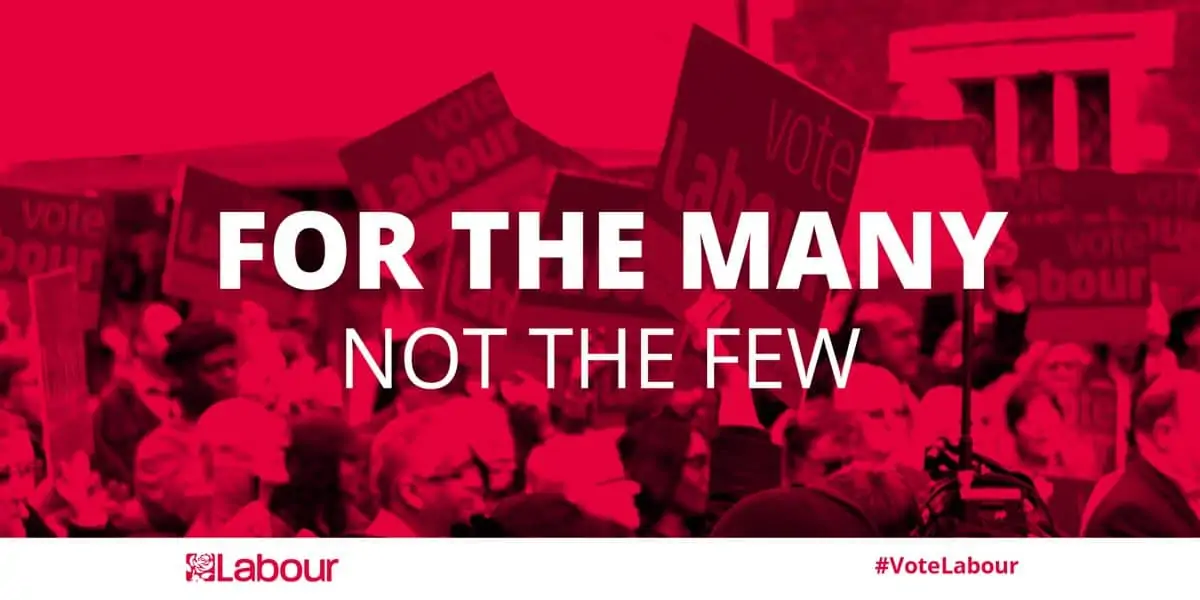
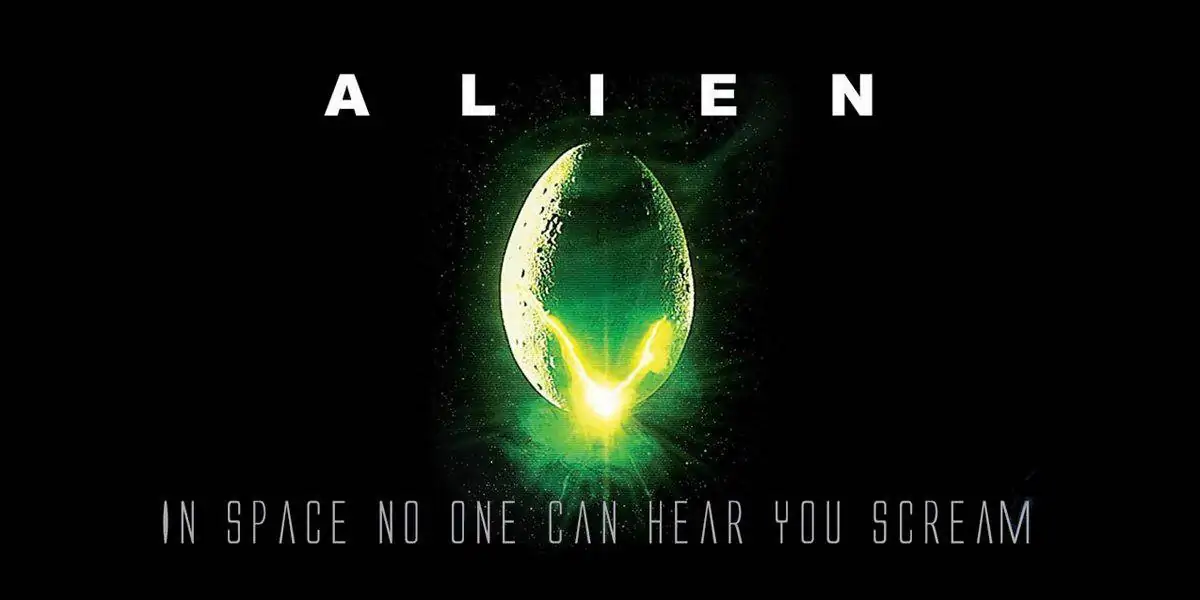
Budget = Production Costs
A political campaign needs to be budgeted accurately, showing where the money will come from and the costs of making the ideas work in reality. Often this is a series of best guesses wrapped around some creative accounting to make the figures fit the budget. Often one budget item can alter another in an entirely unexpected way. For example, higher taxes can potentially drive business elsewhere, and this can be hard to predict, as humans make illogical decisions a lot of the time.
If one area of income does not perform as well as expected there is a shortfall and the government needs to find the money from elsewhere. Yet this is normally when they are in power, and they can find the money from a new amended budget.
A movie also needs to be costed and a budget needs to be created for each department of the production. Often the costs are well known and controllable, yet often costs can escalate due to unforeseen circumstances. The control of costs in a movie production is more likely to be accurate. Even though some can go wildly over budget, it’s normally due to changing minds about a previous decision, or another totally unpredictable event no producer could foresee.
Tax = Funding
A government taxes the citizens to bring in revenue to spend on government projects. Income is taxed when we work, then almost everything we then buy is bought with already taxed income. When we die we get taxed in different ways too, which seems a tad unfair. The government then gleefully spend this income for us on our behalf, which is nice of them. We, as taxpayers, don't have much of a choice about how this is spent, other than when voting for a different political party, and even then we don't have a lot of choice.
Every movie needs funding, of course, and the money can be found in many different ways. Financiers, crowd funding, shares and many other ways. They will want a positive ROI, or return on investment, so the costs need to be carefully monitored.
Votes = Box Office Success
The popularity of a political party is measured in how many votes each party gets. The ability to vote needs to be carefully controlled and monitored, making sure nobody votes more than once, or sneaks in the back door of the cinema without paying.
We only get one vote each, and we can't vote for the same party more than once (although I am sure each party would make it happen if they could!)
In the case of a movie there is the possibility of seeing the movie several times over, boosting the box office sales substantially. For example, a new Star Wars film can be seen by the same person multiple times, each time they pay for a ticket, until the movie is released on a DVD or Blu Ray disc. Make a great movie then you will create recurring income.
Loyalty
Often a party can have great loyalty, and a voter can vote the same way every time. However, if the party pushes their loyalty too far by bringing in policies that don't agree with the voters values, then the voter can easily switch. The nature of private voting means the political party will not find out until the voting has closed, and it leads to a shock defeat.
This is unlikely to happen in the movie world, and most cinema goers have a list of their favourite directors, actors, DPs, writers and even producers. Often they will have a devoted following built up over time. Whilst they are still open to criticism, the body of work will often shine through over years.
Collaboration = Auteur
The UK voting system is confusing to an outsider, yet it only really works with collaboration and debate. The idea of a single person being the creator of the work is extremely rare in any business, and a degree of collaboration will be needed. This is where Theresa May clearly made a mistake, by concentrating on herself and not the party. She took the focus on herself, rather than the bigger picture, and that was ultimately seen as a huge error.
A movie is a very collaborative effort, and the success relies on many people pulling together for a common aim in making as good a movie as possible. Yes, there is the “auteur” theory of filmmaking, where one person is the complete author of all elements of a film. Often the director gets most of the accolades at awards time, yet there is always a huge team-effort including camera, sound, grips, hair and make-up, costume, CGI specialists, set designers, electricians, and many other specialist trades people.
Voter Turnout = Audience
It can be a chore for some to go out and vote at a polling station. If it rains or if it is sunny affects the turnout. Remarkably this latest election turnout was at a record high, and this could be due to more young people voting who didn’t vote at the Brexit referendum. They complained their voice wasn’t heard! They seem to have learned a lesson!
Targeting of the audience is different in an election, as there is a wide audience from young to old, and the need is to be all things to all, as much as possible.
The audience is extremely important in a movie, of course, yet is somewhat more targeted. For example, Wonder Woman can be a different audience to Resident Evil, and different again to My life As A Courgette, yet Toy Story and Despicable Me 3 will have an almost universal attraction.
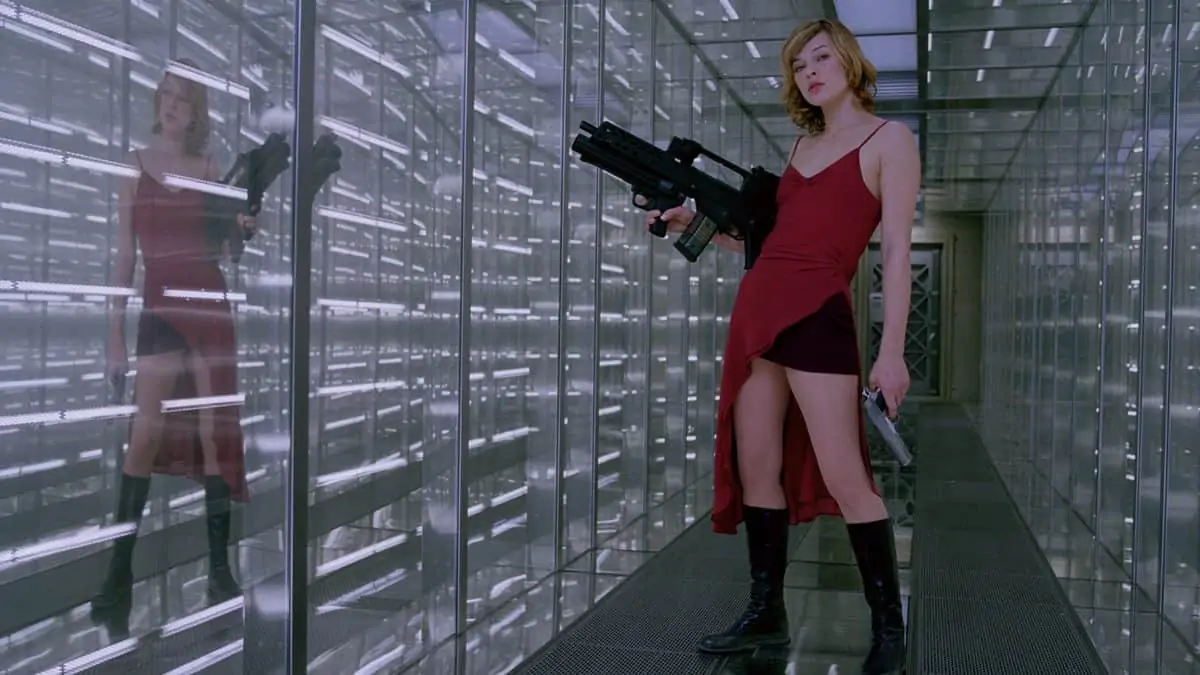
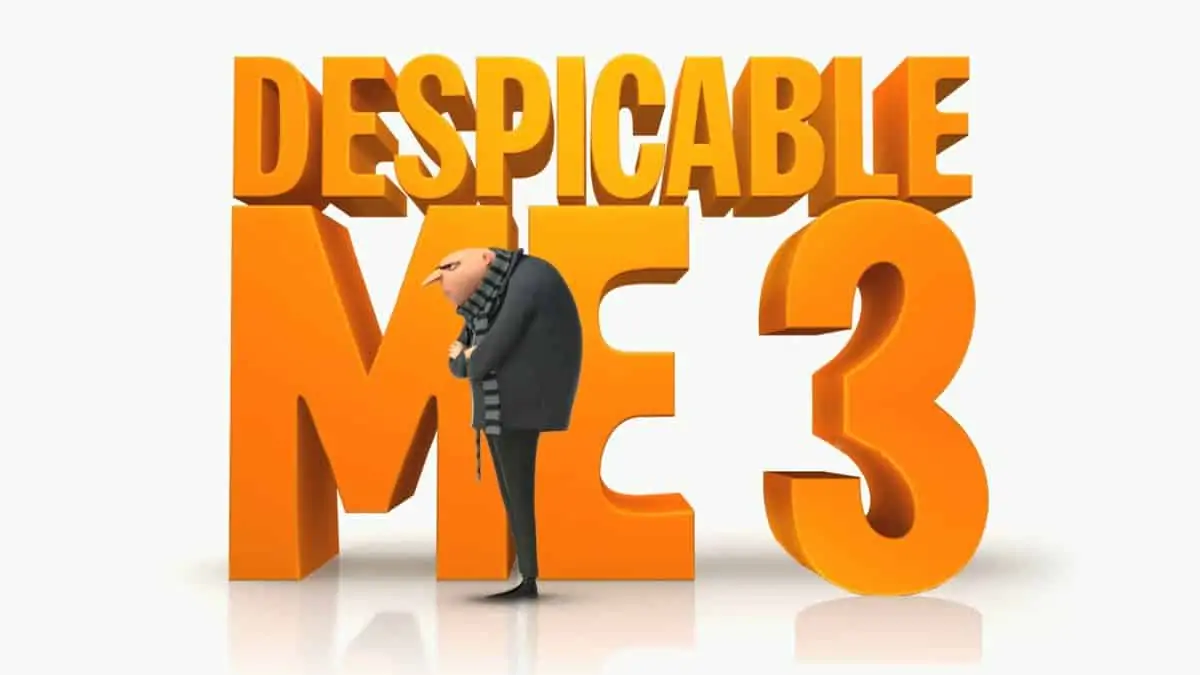
Publicity and Media = Social media
By not appearing for debates and appearances before the election, this made the audience (the potential voters) develop more of a mistrust.
A movie needs good publicity and the media want to speak to the actors and get their views on the movie and how it was made. This is a crucial part of the movie publicity machine, and a great deal of effort is devoted to getting great publicity. A lack of appearances and interviews by the stars and director leads to low visibility and low awareness by the potential audience, leading to low box office success.
Sequels
Just because you have some success and the polls show high support, it is very unwise to rely on that forever. It has been shown there is a huge distrust of most politicians and the audience have become very sceptical of what they say and do. The audience can turn quickly against a politician (as they have shown recently) and it can take a lot of effort to bounce back from that.
In film terms, don't just bring out a sequel movie because there has been a huge box office success before. Between the first successful movie and the sequel there could be factors that have changed dramatically. The audience will want a variety and making a series of films with six sequels is lazy, as it's following a set formula. The only real exceptions to that are perhaps the Toy Story films, and the Despicable Me films, as they look at the same characters yet have different situations that entertain us more. I personally want to see the next Despicable Me 3 film coming out soon!
There have been times when many films came out with similar stories at the same time, such as Shrek and Monsters Inc, Shark Tale and Finding Nemo, also Bugs Life and Antz.
Vision
Above all else, there is one common factor in election campaigning and making movies, and that is a vision for the final production or the country, and having talented people surrounding the production. Bring in talented people with a common vision, and work together. When difficult decisions need to be made, make the best decision based on the best information and move ahead. If it happens to be incorrect then adjust and move forward accordingly.
This has not been a comprehensive look at what politics and business can gain from studying how movies are made. Yet it could make a difference to any campaign of self promotion in the future.






